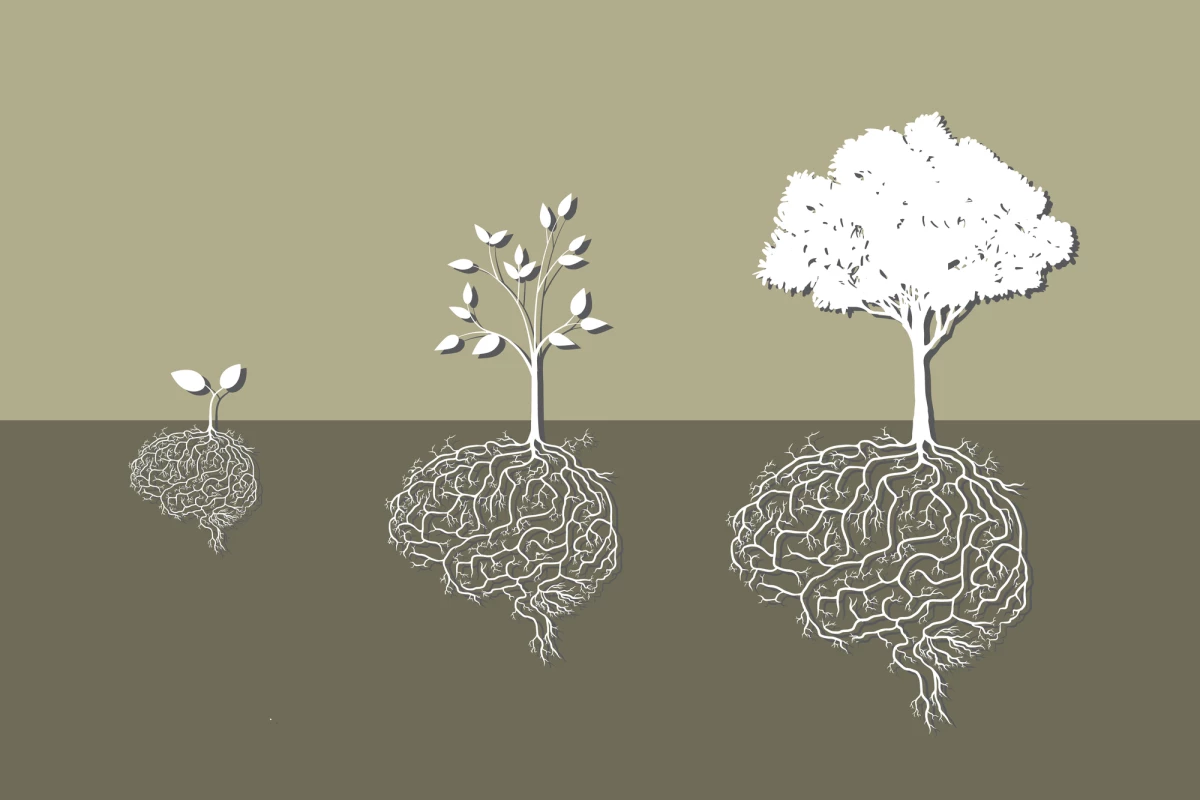Robust new research, published in the journal Translational Psychiatry, is reporting on several years of animal studies showing how a psychedelic drug called dimethyltryptamine (DMT) can promote brain plasticity and induce the formation of new neurons. The research presents evidence to suggest the hallucinogenic effects of the drug may be able to be separated from this neuron-generating mechanism.
Ayahuasca is a hallucinogenic preparation known to be consumed in shamanic and religious contexts by indigenous populations in South America. DMT is the main psychoactive compound in the psychedelic brew, and it has become the focus of a great deal of research due to its profoundly powerful, but short-acting, hallucinogenic qualities.
The recent renaissance in psychedelic science has found hallucinogenic drugs such as psilocybin can induce potent antidepressant effects. Preliminary studies investigating ayahuasca have seen similar antidepressant outcomes. It has been hypothesized that the positive mental health outcomes from these psychedelic compounds stems from their ability to stimulate new neuron production, a process referred to as neurogenesis.
This new research, led by a team of Spanish scientists, set out to understand by what mechanism DMT could induce neurogenesis. Across several mouse experiments the study first established DMT does indeed promote acute neurogenesis, and furthermore, these new neurons can be linked to detectable improvements in the animals’ memory and cognition.
“… these [new hippocampal neurons] have a functional impact since DMT treatment during 21 days clearly improved mouse performance in learning and memory tasks, in which the hippocampus is considered to play an essential role,” the researchers write in the new study. “These observations are in agreement with previous works showing that adult hippocampal neurogenesis plays an important role in these cognitive functions.”
Perhaps the most compelling finding in the new research is the confirmation that this psychedelic-induced neurogenesis seems to be produced by a mechanism that is separate to that which generates the drug’s hallucinogenic effect.
The hallucinogenic qualities of most psychedelics are commonly thought to be generated through the stimulation of 5-HT2A serotonin receptors in the brain but it is still up for debate whether neurogenesis induced by psychedelics is mediated through the same serotonin receptor activity.
This new research suggests neurogenesis may be mediated through sigma-1 receptors (S1R), which prior research has established are also influenced by DMT. The study reveals the neurogenic effect of DMT could be effectively blocked when mice were administered a S1R antagonist.
“The results here obtained indicate that the observed effects of DMT are mediated by the activation of the S1R,” the researchers write in the study. “In this regard, it has been shown that the stimulation of the S1R by different agonists enhances neurogenesis in the hippocampus.”
What all this ultimately means is that is seems possible the new-neuron-stimulating effect of DMT could be divorced from its hallucinogenic and psychoactive properties. José Ángel Morales, an author on the new research, suggests this promisingly points to new research pathways investigating ways to harness the therapeutic potential of neurogenesis.
“This capacity to modulate brain plasticity suggests that it has great therapeutic potential for a wide range of psychiatric and neurological disorders, including neurodegenerative diseases," says Morales.
This research is not the first to raise the possibility of divorcing the therapeutic potential of psychedelics from their hallucinatory effects. Both the US government and commercial pharmaceutical companies are investigating ways to either moderate, or eliminate altogether, the psychedelic effect of psychedelics. However, there is considerable debate within the psychedelic research community as to how fundamentally important the overwhelming psychoactive experience actually is to the drug's subsequent therapeutic benefits.
"The challenge is to activate our dormant capacity to form neurons and thus replace the neurons that die as a result of the disease,” notes Morales. “This study shows that DMT is capable of activating neural stem cells and forming new neurons.”
The new study was published in the journal Translational Psychiatry.
Source: Complutense University of Madrid via MedicalXpress




